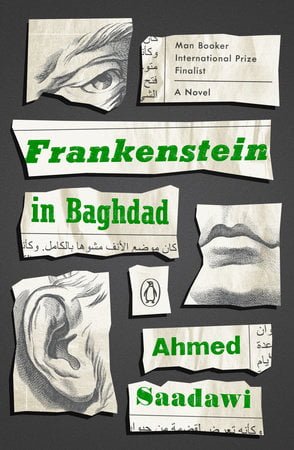
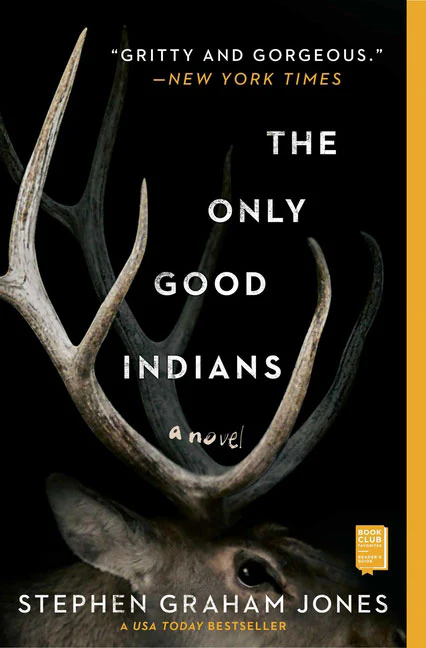
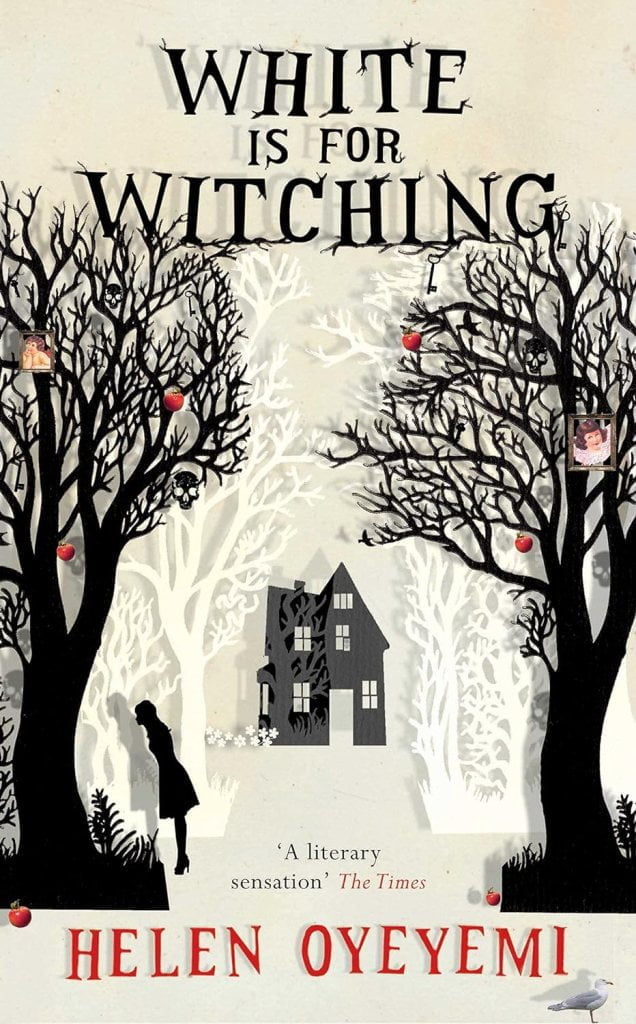
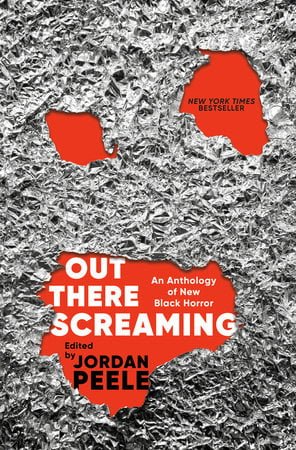
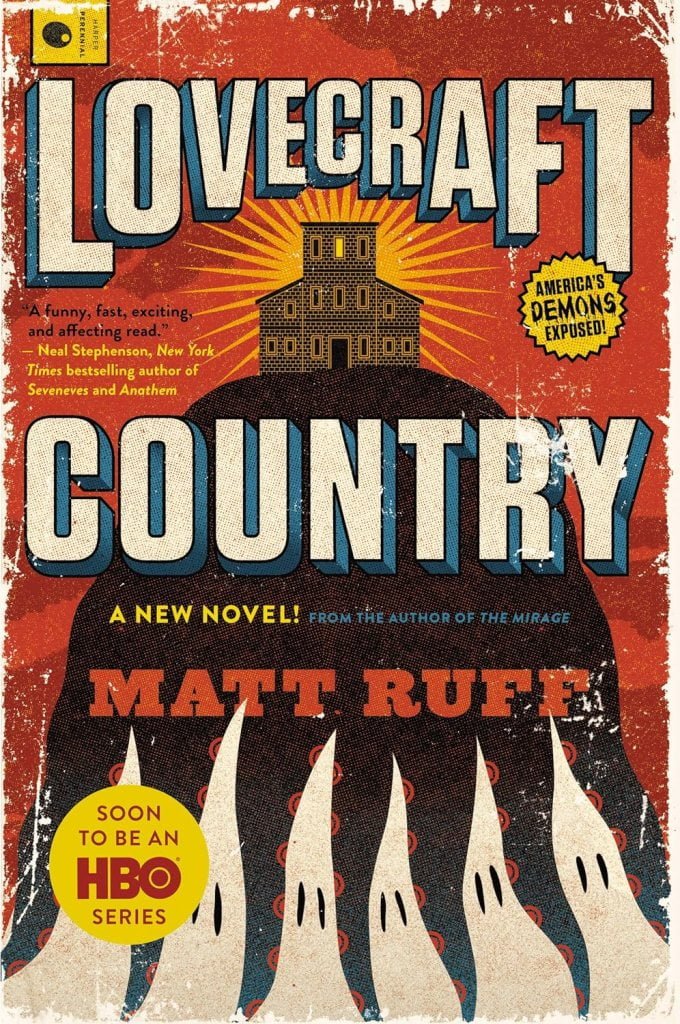
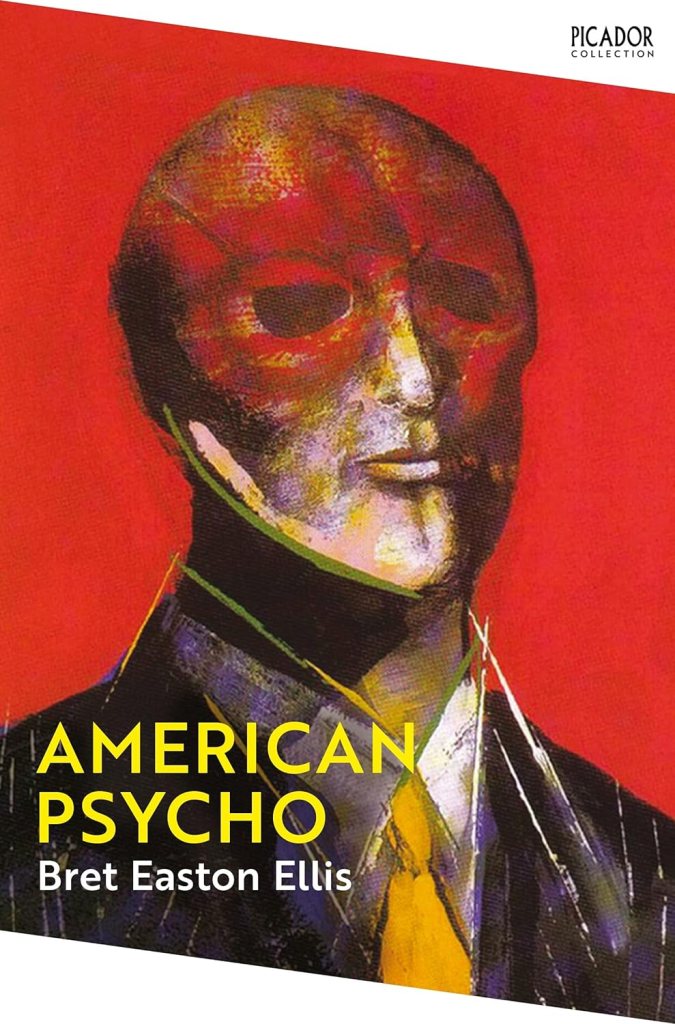
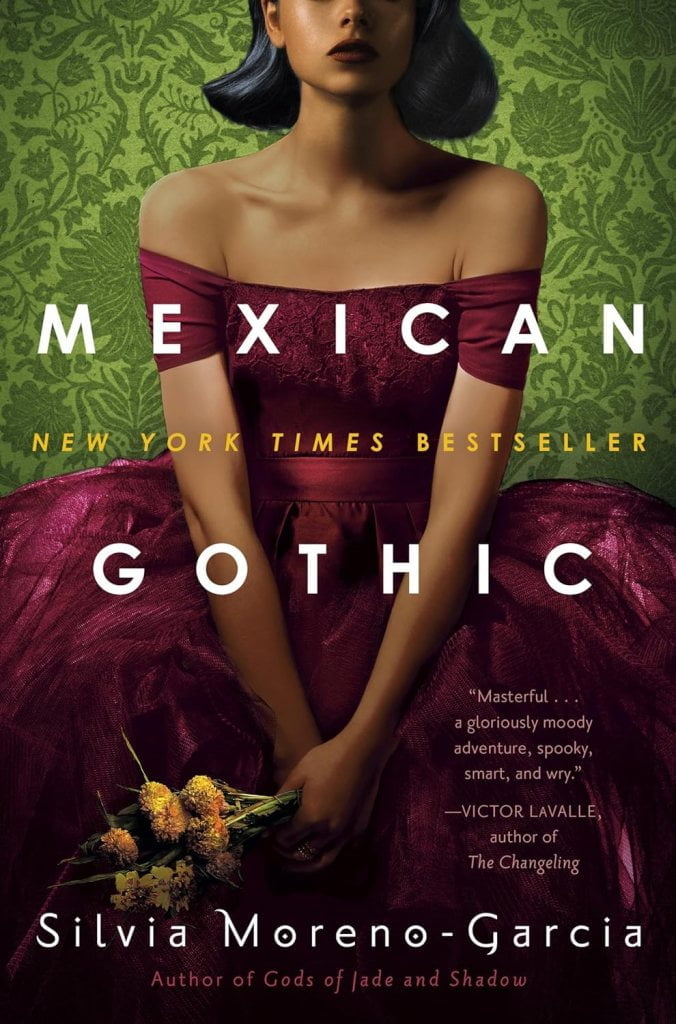
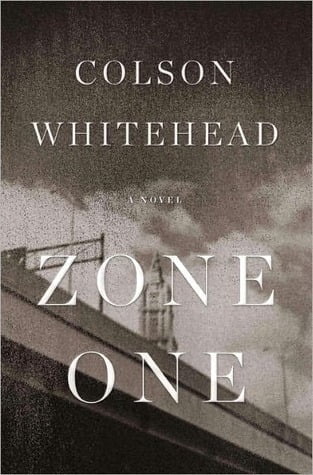
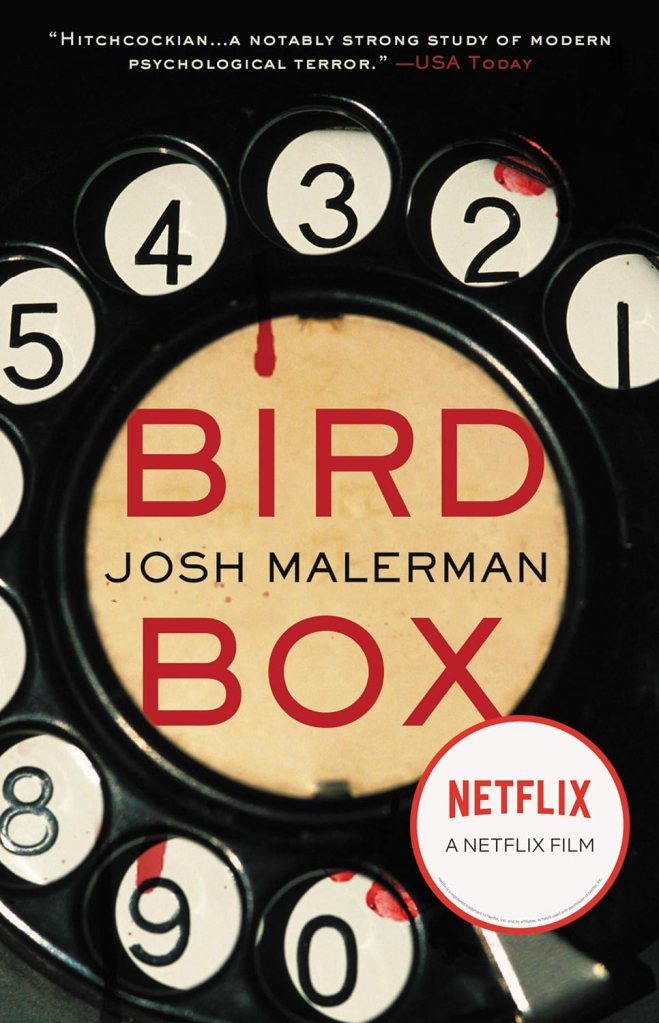
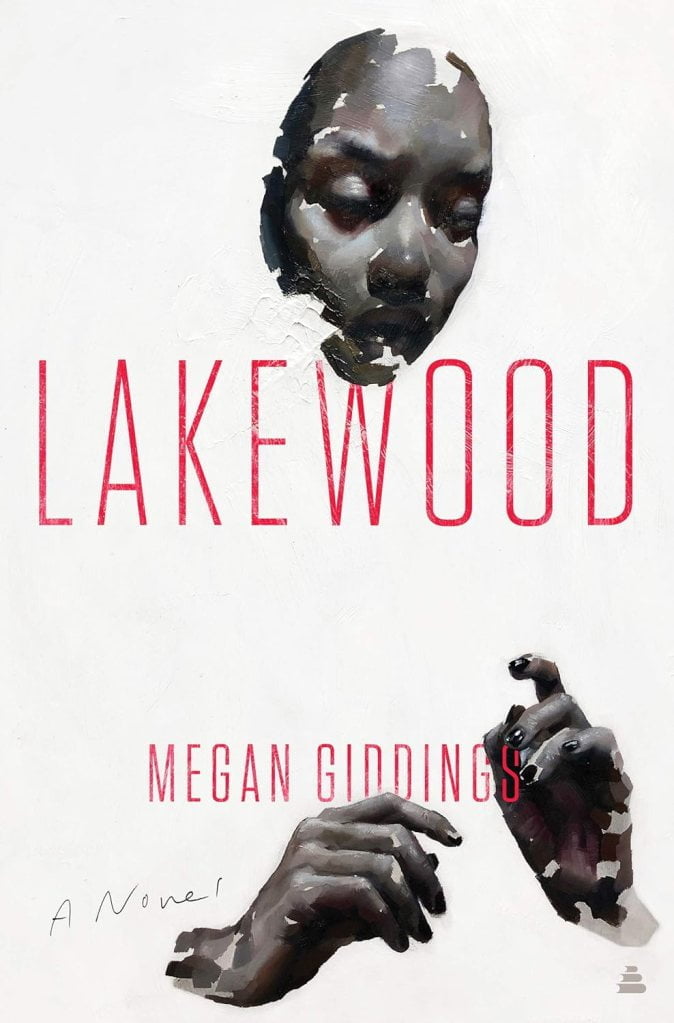
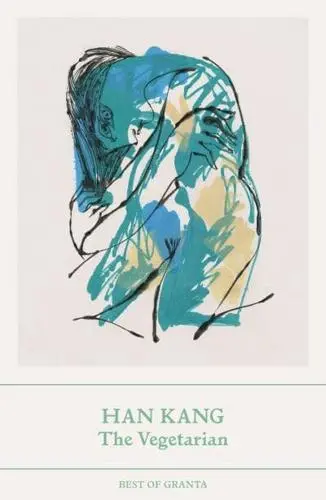
Horror is à la mode. Traditionally seen as déclassé and somewhat goofy, characterised by over-the-top plots and laughable villains, the genre is enjoying its heyday, with book sales rising 54% year-on-year. Authors have revitalised classic themes by incorporating elements of war, politics, and powerlessness into the mix.
As a child, I was a die-hard Dean Koontz and Stephen King aficionado, eagerly devouring pages of “It,” “The Green Mile,” “Misery,” “Carrie,” “Pet Sematary,” and many more after school. For some, horror provides the same thrill as riding a rollercoaster or even reading erotica. However, with more recent works like Jordan Peele’s horror anthology, “Out There Screaming,” or Mona Awad’s surreal takes on fairy tales in “Bunny” and “Rouge,” the genre has become subversive and sexy once again.
Between 2022 and 2023, the sales value of horror and ghost stories increased by 54% to £7.7 million—marking the genre’s most successful year since records began, as reported by the Bookseller. In the first three months of 2024, sales were 34% higher in value compared to the same period last year, according to data from Nielsen BookScan.
Nielsen BookScan confirmed on their blog that, “Romance & Sagas, Science Fiction & Fantasy and Horror & Ghost Stories all reached record or near record sales in 2023, for both the UK and Ireland, with success also for Short Stories & Fiction Anthologies and Crime, Thriller & Adventure,” while “Non-Fiction didn’t have as much widespread growth.”
Why horror is so popular at the moment: social issues and safe spaces
“Several issues are at work regarding this topic, but the undeniable truth shown in various studies is that in times of great societal stress, people turn to the horror genre.”
Danielle DeVor, City Owl Press Editor
Horror writers suggest that the boom is partly due to the stresses of contemporary society. “Several issues are at work regarding this topic, but the undeniable truth shown in various studies is that in times of great societal stress, people turn to the horror genre,” City Owl Press editor Danielle DeVor told How To Be Books. “Given our current world climate, it makes a lot of sense for horror to be popular.”
The writer, who was named Examiner’s 2014 Women in Horror, added that the genre is also a “cathartic outlet for the frustrations and anxiety they feel in real life,” because “at the end of the novel the reader has a resolution, no matter the journey to it, and even if the only resolution is the act of closing the book.”
In addition to the idea of security, there has been a rise in nostalgia-related content, from remakes to comebacks. Hence, the author of The Marker Chronicles believes that horrors featuring vampires, slashers, possessions, and others contribute to the sense of a “mental safe space.”
What are social horror books?
Indeed, there is also a political and social element to horror, which has always been present. “The Vegetarian” by South Korean writer Han Kang is a postmodern allegory for women’s fight for power and freedom. The satirical horror provides accounts of Yeong-hye’s vegetarianism and eventual anorexia nervosa from the perspectives of her domineering husband, lecherous brother-in-law, and concerned sister.
Read: Cormac McCarthy books: 5 dark reads from late author
There is also a fine line between horror and dystopian novels, which encompass works such as George Orwell’s bleak “1984,” Margaret Atwood’s “The Handmaid’s Tale,” and “The Road” by Cormac McCarthy. The 1987 horror novel “Swan Song” by American novelist Robert R. McCammon is a post-apocalyptic fiction that describes the aftermath of a nuclear war provoking an evolution in humankind.
We’ve also previously spoken about the rise of “WitchLit”, the resurgence of witch-themed literature. Witches have often served as potent symbols of subversion, power, and queerness throughout history and continue to captivate readers in different forms of storytelling. At the British Library’s Festival of the Accused, author Kirsty Logan, who penned “Now She is Witch,” showcased that witches represent sex, danger, and societal nonconformity, making them eternally fascinating figures.
Watch: Festival of the Accused: from historic witches to witchlit
Sunday Times best-selling novelist Juno Dawson added that societal changes and events, such as the #MeToo movement, have influenced the way witches are portrayed in literature. As a result, witches can be seen as symbols of resistance and empowerment.
Here are our recommended social horror books
With that being said, here are some explicitly contemporary-ish social horror books to check out:
- “Out There Screaming” by Jordan Peele. The Academy Award-winning director behind the horror classics “Get Out” and “Us”, has curated a groundbreaking horror anthology, melding everyday fears and historic traumas endured by Black Americans while reimagining popular culture through a refreshing lens.
- “American Psycho” by Bret Easton Ellis. This book is a critique of the excesses and amorality of consumerist culture in the 1980s. The novel uses horror elements to explore the psyche of a Wall Street serial killer. Check out his autofiction works.
- “Zone One” by Colson Whitehead. This post-apocalyptic horror novel delves into societal breakdown and the attempt to reclaim civilisation amidst a zombie plague, reflecting on human nature and resilience. We met Whitehead at the London Book Fair in 2023.
- “Bird Box” by Josh Malerman. Although it’s a more traditional horror story, the societal collapse and the unseen horrors that drive people to madness or death tap into deep-seated fears about the unknown and the unseen in society.
- “The Only Good Indians” by Stephen Graham Jones. The novel combines classic horror with a deep dive into Native American culture and the haunting repercussions of cultural identity and historical trauma.
Read our review: Jordan Peele: Out There Screaming is intersectional horror at its best
- “Mexican Gothic” by Silvia Moreno-Garcia. The extraordinary bestselling horror features women of colour as the protagonists and incorporates race, colonialism, and eugenics. It follows a young woman investigating her cousin’s claims that her husband is trying to murder her.
- “Frankenstein in Baghdad” by Ahmed Saadawi. The award-winning Arabic novel is a wartime spin on Mary Shelley’s 1818 novel Frankenstein post-Saddam Hussein’s Iraq.
- “Lakewood” by Megan Giddings. This dystopian fiction discusses class and race, and how they tie into a world of medical experimentation.
- “Lovecraft Country” by Matt Ruff. The 2016 dark fantasy black horror novel explores the intersection of H. P. Lovecraft’s horror fiction and the racism prevalent in the US during the Jim Crow era, as experienced by Atticus Turner, a black science fiction fan, and his family.
- “White Is For Witching” by Helen Oyeyemi. This is a supernatural story about teenagers, touching on subjects such as eating disorders, fitting in, making friends, mental illness, multicultural society, and juvenile sexuality.
- “The Vegetarian” by Han Kang. As mentioned above, Han Kang’s work is an unsettling read, watching the unravelling of a woman, obsessed with vegetarianism, become increasingly invisible.
“Horror is a controlled stopping point of stress,” says DeVor, which allows us all to savour a little terror in the safe space of our reading nooks.
This article contains affiliate links via Bookshop.org in which we may receive a small commission at no extra cost to you, in order to support local bookshops. We have not been commissioned to review books and services.